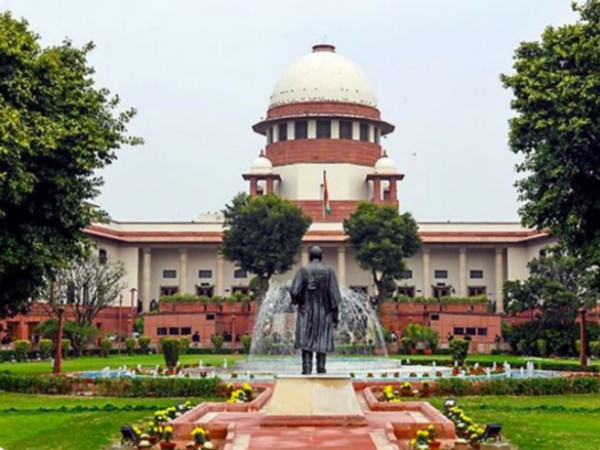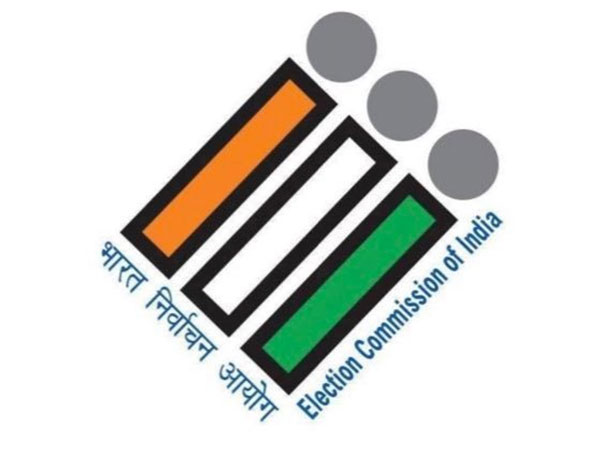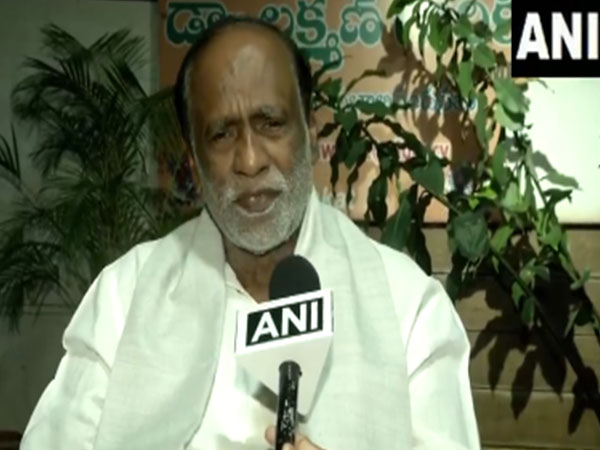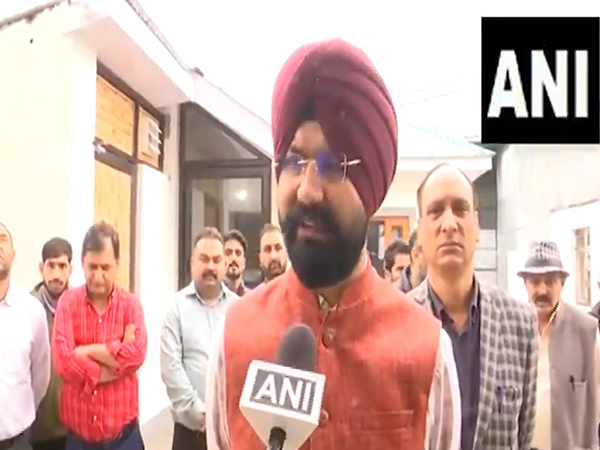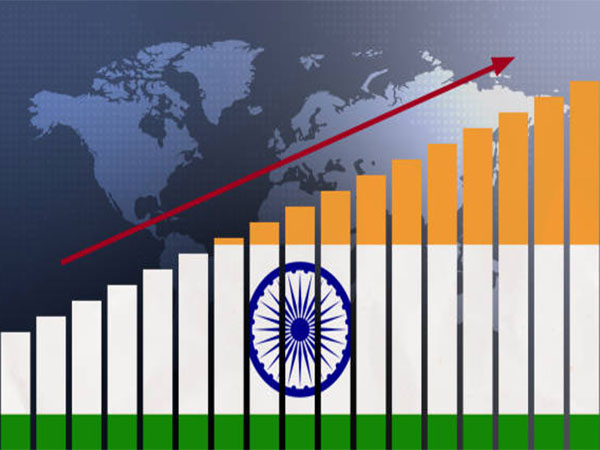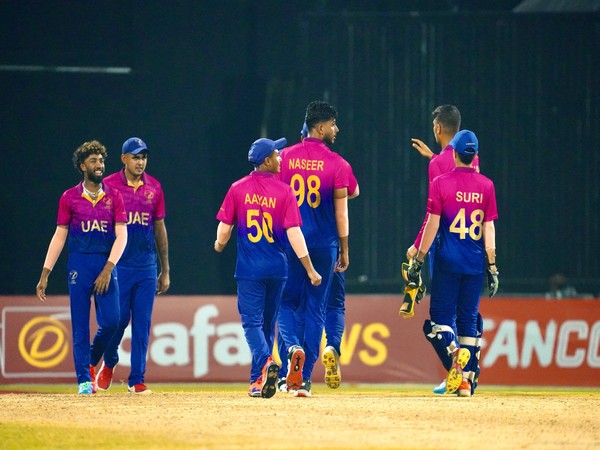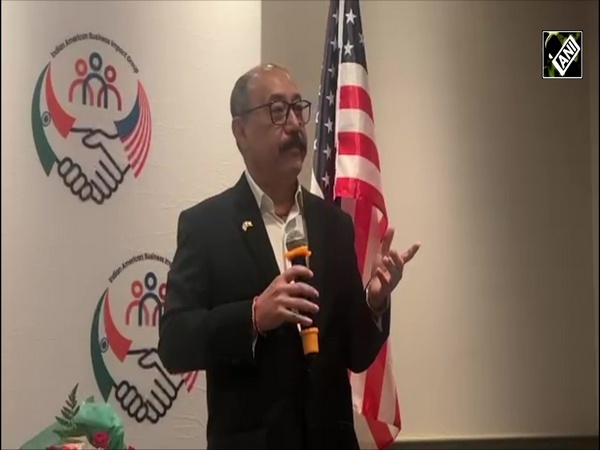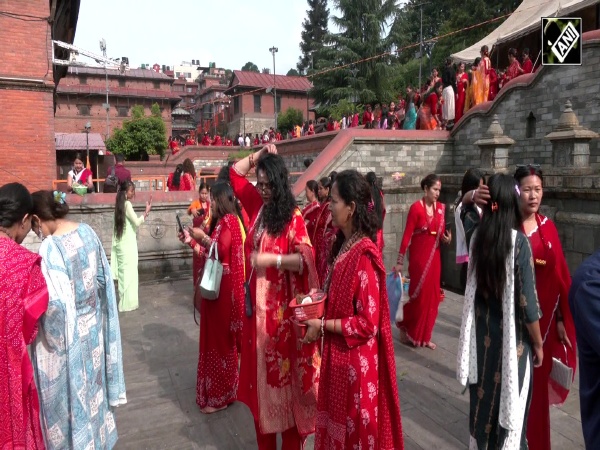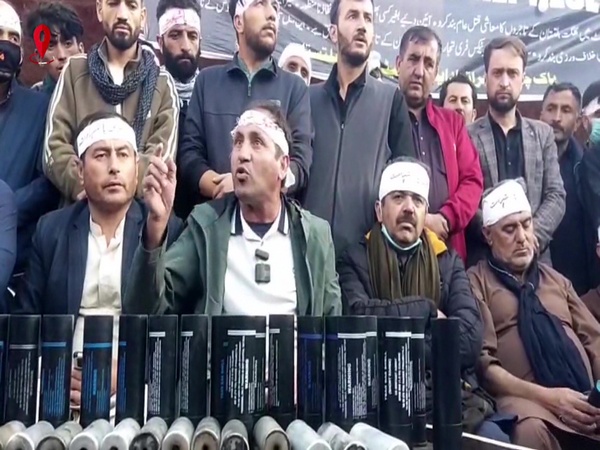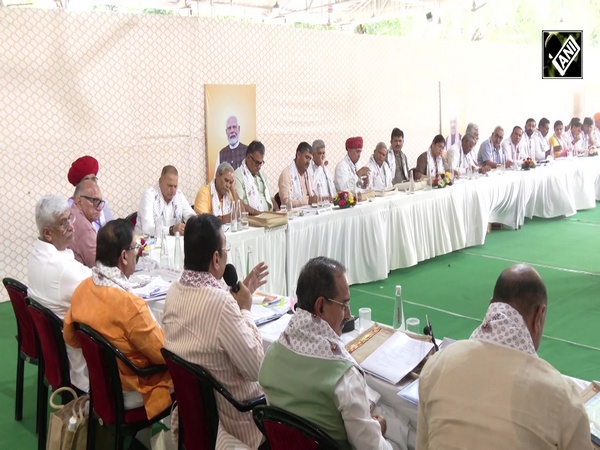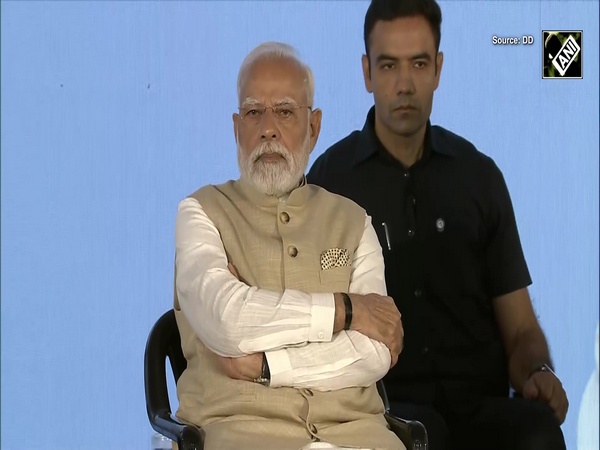Poll boycott in Rajasthan's Balwanta village over drinking water, villagers say problem still persists
Jun 03, 2024

Ajmer (Rajasthan) [India], June 3 : Amidst the scorching heat and rising mercury in Rajasthan, the residents of Balwanta village in Ajmer are facing a severe water crisis and even after boycotting the general elections this year, the villagers say that they continue to grapple with water shortage. 
The people, while speaking with ANI asserted that the village has been grappling with water shortage for several years and now, the problem has started affecting the marriage prospects also. The villagers also vowed to not vote for anybody in the future till the problem of the water crisis is solved.
Indu, a resident of Balwanta village, said, "It has been 20 years and we have no water connection in the village... We have complained so many times hoping for a timely resolution but no one has come. After every five years, they say that water will come but that didn't happen till now."
She further said, "We will not vote for anyone till we get water in our village, be it Sarpanch or any other leader."
Sapna Gujjar, a resident of Balwanta village said that the problem of water crisis has been prevalent since she was born. "It's been so many years that women come here to get water and stand in queues. We are not getting marriage prospects in the village because of this issue. Women stand here all night waiting for water. We also witness violence due to the unavailability of water. We will not vote for anyone till we get water in the village."
Another resident of Balwanta village, Ajay Raj highlighted the problem of the unavailability of clean drinking water and said, "Our village is just 10km away from Ajmer city... There is no water pipeline in our village and neither do we have provision of clean drinking water. We are forced to drink water with fluoride content and because of that many diseases are occurring."
He added, "One of the social impacts of the water crisis is that it is affecting marriage prospects because women of the village need to travel for 2 to 2.5km across the highway to fill water suitable for drinking. There are nearly 5000 people in the village and the village is 1000 years old. The whole village boycotted the elections but even after one month, no administrative officer or political leader has bothered to come here and take cognisance of our issues."
